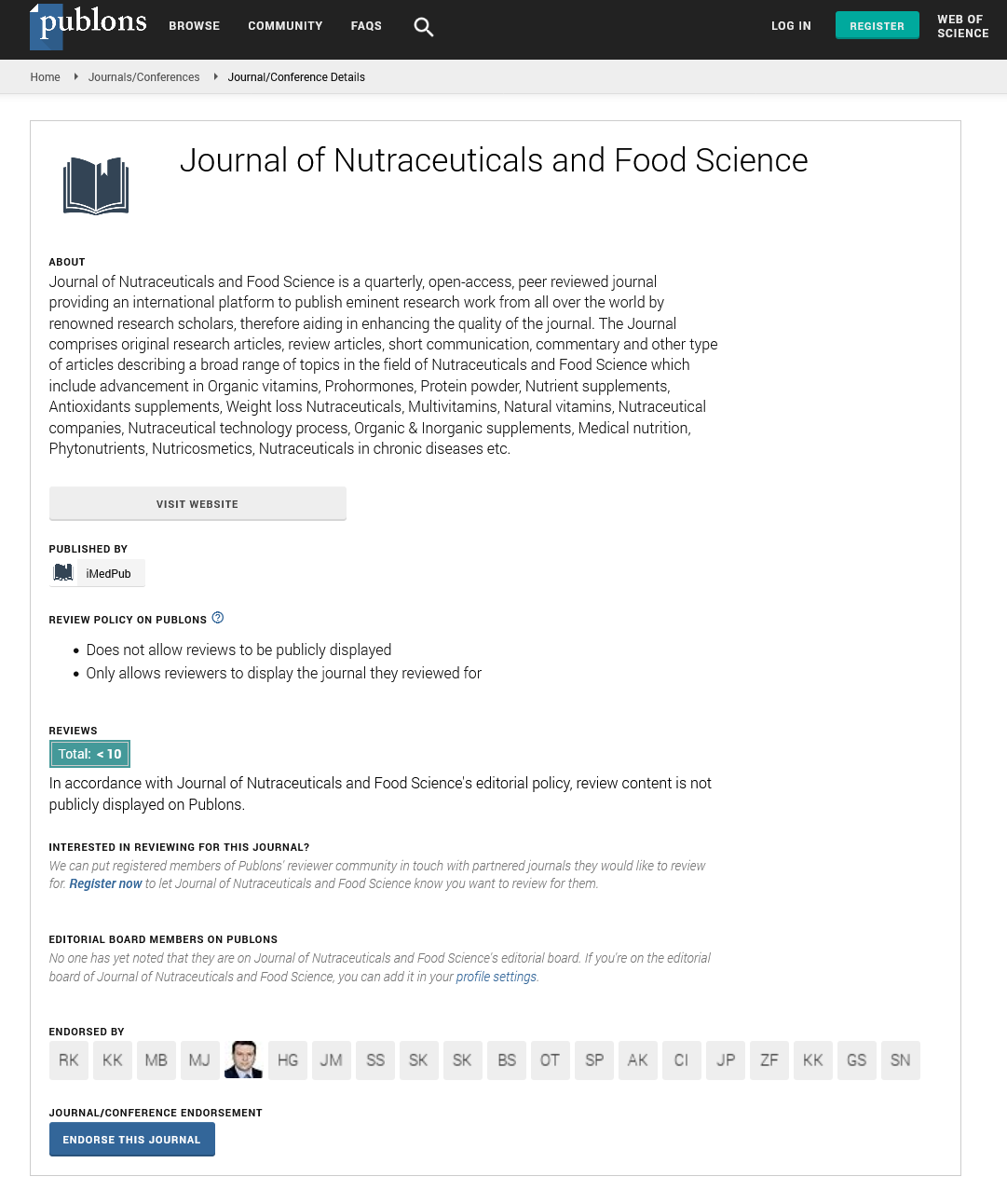Abstract
X-ray micro-computed tomography: a new approach for evaluating the microstructure of potato-carrot snacks expanded by various methods
New type of snacks with addition of fresh carrot pulp were tested by mCT. The aim of this work was to evaluate the morphometric parameters and the range pore sizes and wall thicknesses of potato-based pellets and snacks supplemented with various levels of fresh carrot pulp (5, 10, 30 g/100 g). Three different methods of pellet expansion were used to obtain ready-to-eat snacks: deep-fat frying (180°C, 15 s), microwave heating (750 W, 40 s) and hot air toasting (1000 W, 170°C, 210 s). X-ray micro-computed tomography was applied to assess the internal structure of extrudates as a novel non-destructive testing method developed to be suitable for food products. Morphometric structural characteristics were calculated based on 3D images. The obtained results revealed that the pellet expansion method significantly affects the porosity, size of pores and wall thickness of the obtained snacks. The total porosity varied from 2.30 to 74.50% and was affected by the type of sample (pellet/snack), the expansion method and the addition of fresh carrot pulp. Deep-fat frying was indicated as the method that produces the most uniform microstructure of expanded potato-based snacks supplemented with fresh carrot pulp, in comparison to expansion by microwave treatment or air heating. The increased vegetable additive level showed the effect of densification of structure, especially when microwave and hot air expansion was applied. The microstructure of snacks expanded by various methods was significantly different from the unprocessed (dry) pellets.
Author(s):
Agnieszka Wójtowicz
Abstract | Full-Text | PDF
Share this

Google scholar citation report
Citations : 393
Journal of Nutraceuticals and Food Science received 393 citations as per google scholar report
Journal of Nutraceuticals and Food Science peer review process verified at publons
Abstracted/Indexed in
- Google Scholar
- Publons
- Secret Search Engine Labs
Open Access Journals
- Aquaculture & Veterinary Science
- Chemistry & Chemical Sciences
- Clinical Sciences
- Engineering
- General Science
- Genetics & Molecular Biology
- Health Care & Nursing
- Immunology & Microbiology
- Materials Science
- Mathematics & Physics
- Medical Sciences
- Neurology & Psychiatry
- Oncology & Cancer Science
- Pharmaceutical Sciences


